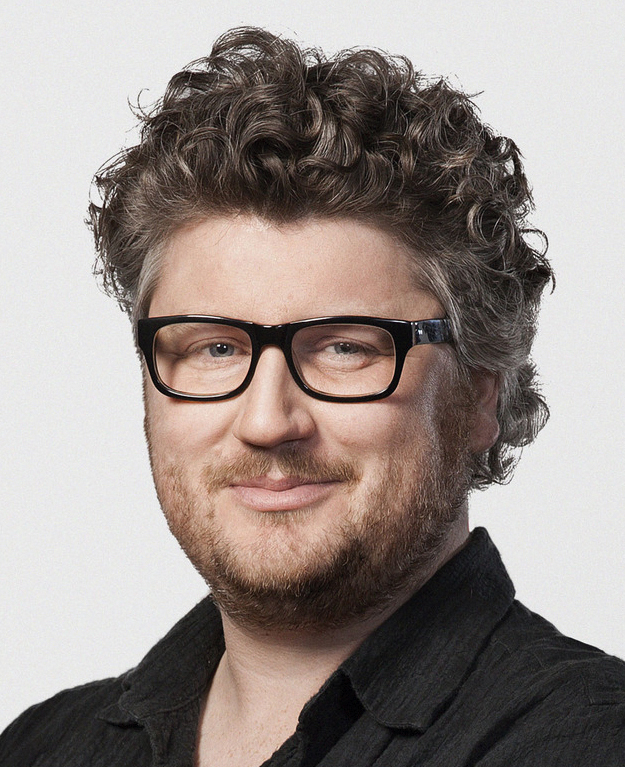Why do professional classical musicians do it? Why do they memorise entire pieces, from violin partitas to piano concertos, from sonatas to symphonies? All those thousands of notes going into the brains and bodies of soloists, singers, orchestral players and conductors. They can then play any bar of a fugue by Bach or a concerto by Tchaikovsky, without hesitation, deviation or repetition. Here, we explain the history of memorising music – and why it has become such a key part of concert tradition.
Why do musicians play without music?
One of the reasons performers play music from memory is that we in the audience love the frisson that these feats of memory give us. Think of any concerto performance you might have seen. With no sheet music in front of the soloist, it’s as if the music is emerging unmediated from their subconsciousness. The music is a spell that’s enchanted in front of our eyes and ears. It no longer belongs to Beethoven or Rachmaninov – it’s Anne-Sophie Mutter’s, it’s Martha Argerich’s.
- The Mozart Effect: does Mozart actually make you smarter?
- Music stands: the best on the market and what to look for
History of memorising music: when did performers start playing from memory?
This fetish for memory wasn’t always part of musical culture. It began in earnest with Franz Liszt, in his solo concerts in the early decades of the 19th century. Until this time, playing from memory was frowned upon. Composers believed it trivialised their work, led to bad practice and turned performing into a circus act. Ironically, one of the first artists to overturn centuries of performance practice by performing from memory at the piano was Liszt, who was often shown gazing skywards, as if seeking divine inspiration. In truth, he performed only a fraction of his repertoire from memory and all of his own pieces from music, in case audiences thought he was making it all up as he went along.
Liszt gave piano recitals which were sensual rituals of super-virtuosity. He transfixed audiences with his ability to produce whole repertoires of music on the spot.
The pianist Stephen Hough has written about this new love of learning music off by heart. 'Chopin would not have approved.’ In fact, Chopin ‘chastised a pupil once for playing a piece from memory, accusing him of arrogance’. And why? Because ‘in the days when every pianist was also a composer, to play without a score would usually have meant that you were improvising. To play a Chopin ballade from memory might have seemed as if you were trying to pass off that masterpiece as your own.’
That’s the hubris of playing from memory. Pretending you’re making it up in the moment is an affront to the composers who toiled over their pieces.
So next time you see a soloist playing with the sheet music, it’s not that they haven’t learnt the piece: they’re restoring musical culture to a state of potential creation, not a mausoleum of memory in which every note is fixed in advance. While memory can be freeing for some musicians, we as an audience shouldn’t demand it of all of performers. When memory becomes an ideology, we might be losing more than we’re gaining.
Aurora Orchestra: the new trend of ensembles playing music from memory
The Aurora Orchestra emerge over recent years as the first orchestra to perform whole symphonies from memory as a regular feature of its artistic output. Watching an orchestra perform without printed music is completely alien to the status quo for audiences.
There are vanishingly few historical precedents of ensembles performing without music. Hans von Bülow seems to have encouraged the Meiningen Court Orchestra to play without music in the late 19th century. There's a suggestion that the virtuoso Mannheim Orchestra, which so impressed Mozart, did the same. And that's about it.
So why bother memorising, if it’s so time-consuming? What kinds of advantage might it confer on the performers? Hans von Bülow seems to have been behind one of the first historical experiments in orchestra memorising. This is interesting as it was his one-time friend and father-in-law Franz Liszt who is said to have started the fashion for giving solo piano recitals from memory. Liszt had a keen sense of theatre. No doubt the thought of stoking up the audience's sense of awe at his prodigious abilities played a part. But Liszt was also a man with strong spiritual inclinations (he later became a priest), forging his stellar career at a time when art was beginning to take over some of the functions of religion for many educated Europeans.
Memorising texts had long been an important part of religious devotion, Catholic and Protestant. On the subject of sacred texts, the poet George Herbert wrote: A man that looks on glass, On it may stay his eye; Or if he pleaseth, through it pass, And then the heav'n espy.
Illustration by Maria Corte Maidagan

